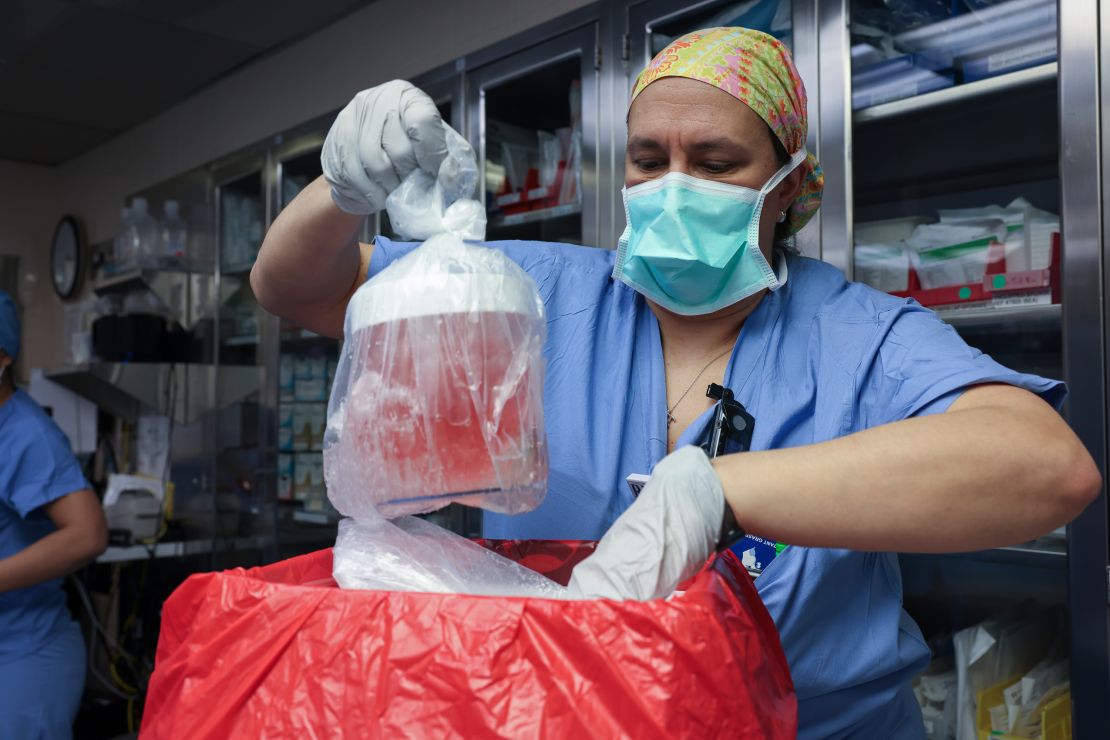In a ground-breaking medical achievement, doctors have successfully performed the first-ever transplant of a genetically modified pig kidney into a living human recipient, announced on Thursday. The landmark surgery, conducted at Massachusetts General Hospital, marked a significant milestone in medical history, reminiscent of the hospital’s pioneering kidney transplant procedure in 1954. The operation, lasting four hours, was carried out on Saturday.
The recipient, 62-year-old Rick Slayman, a manager with the Massachusetts Department of Transportation, had been battling end-stage kidney disease. Following the surgery, Slayman is recuperating well and is expected to be discharged from the hospital soon. Doctors expressed cautious optimism about the longevity of the transplanted kidney, acknowledging the uncertainties surrounding animal-to-human organ transplants.
Slayman, who had been a patient in the hospital’s transplant program for over a decade, underwent a previous kidney transplant from a human donor in 2018. However, the organ began to fail five years later, necessitating his return to dialysis in 2023. Facing end-stage kidney disease last year, Slayman opted for a pig kidney transplant, viewing it as a beacon of hope not only for himself but also for countless others in need of life-saving transplants.

The surgical team, led by Dr. Tatsuo Kawai, director of the Legorreta Center for Clinical Transplant Tolerance, described the moment the pig kidney was successfully implanted into Slayman’s body as a triumph. The organ immediately showed signs of functionality, prompting an emotional response from the medical team.
The shortage of donor organs remains a critical issue, with thousands of patients on waiting lists for transplants. Experts view xenotransplantation, the transplantation of animal organs into humans, as a promising solution to address this shortfall.
While the successful surgery represents a significant breakthrough, further research is necessary to fully understand the effectiveness and long-term outcomes of pig kidney transplants. The medical community envisions a future where dialysis becomes obsolete, replaced by innovative transplant solutions like xenotransplantation.
Rick Slayman’s journey exemplifies the extraordinary lengths patients and medical professionals are willing to go to explore innovative treatment options. The successful procedure underscores decades of research and collaboration aimed at overcoming the complexities of organ transplantation and saving countless lives in the process.
